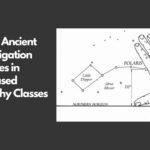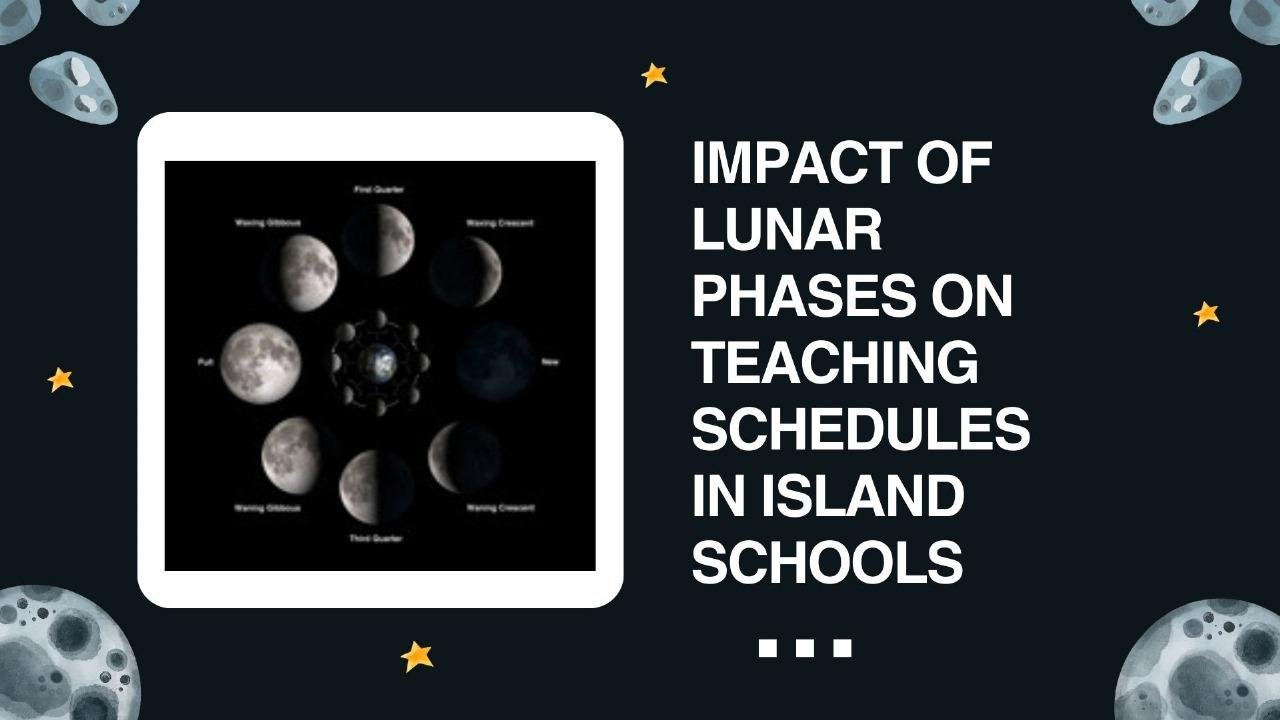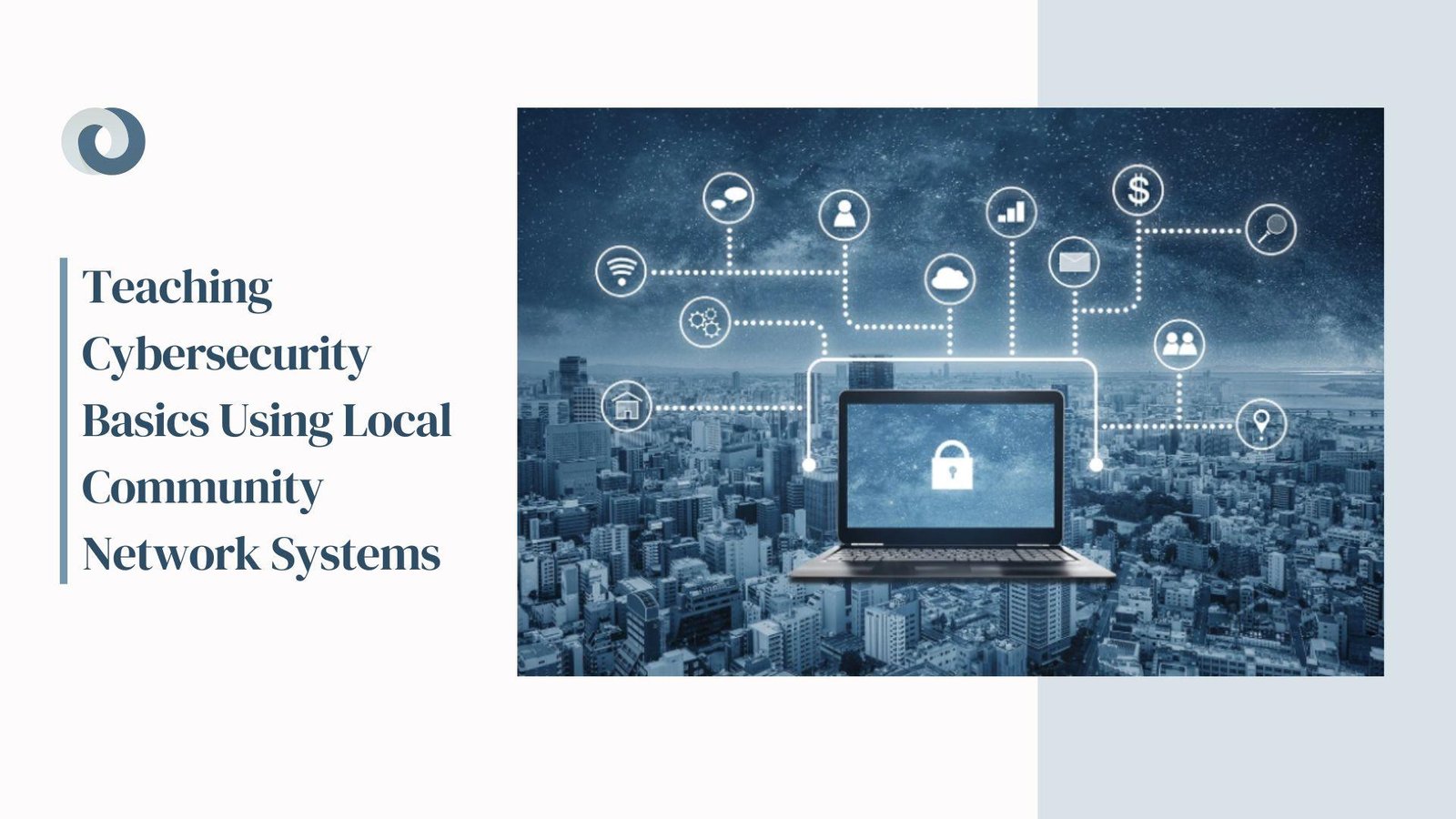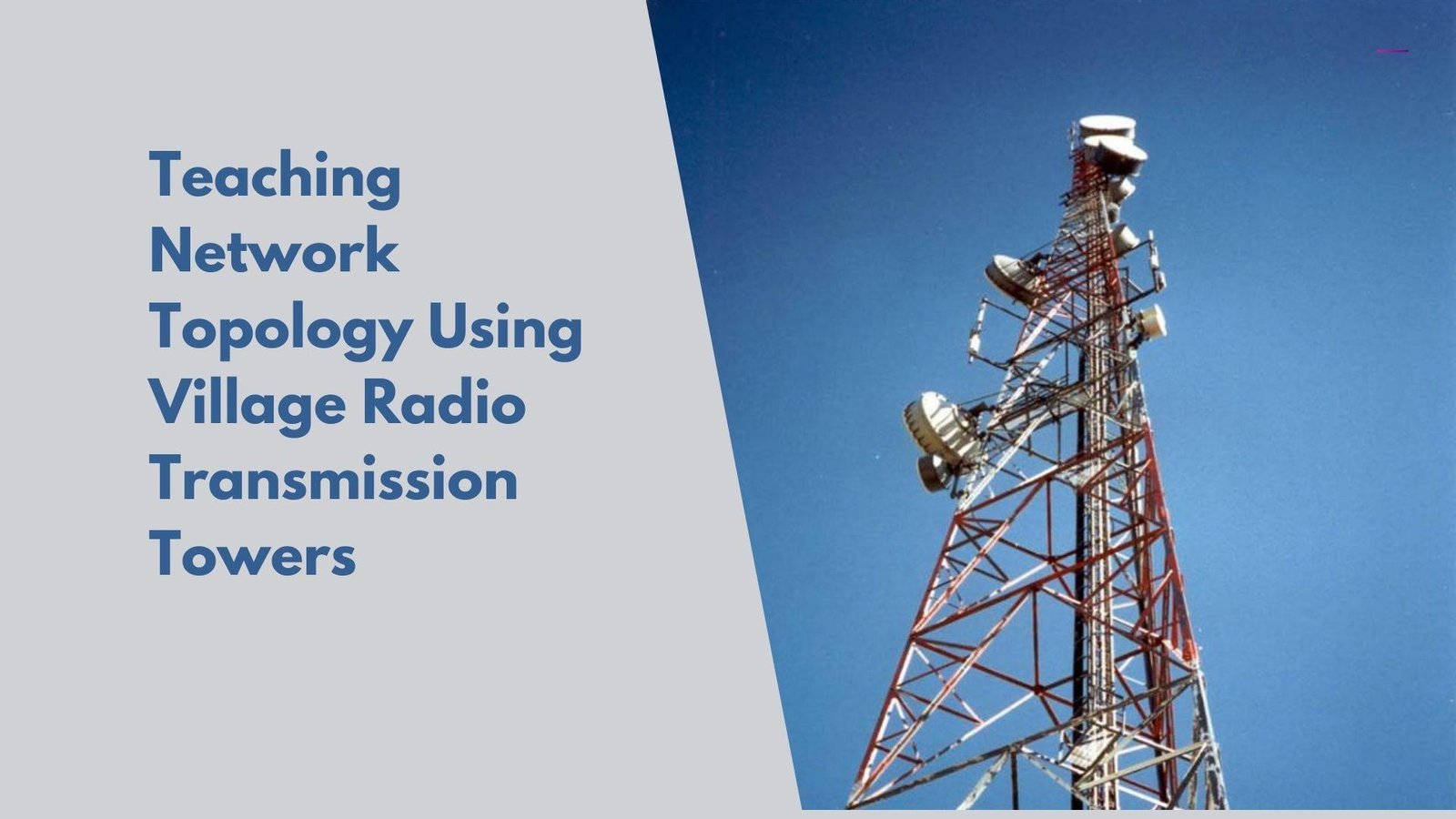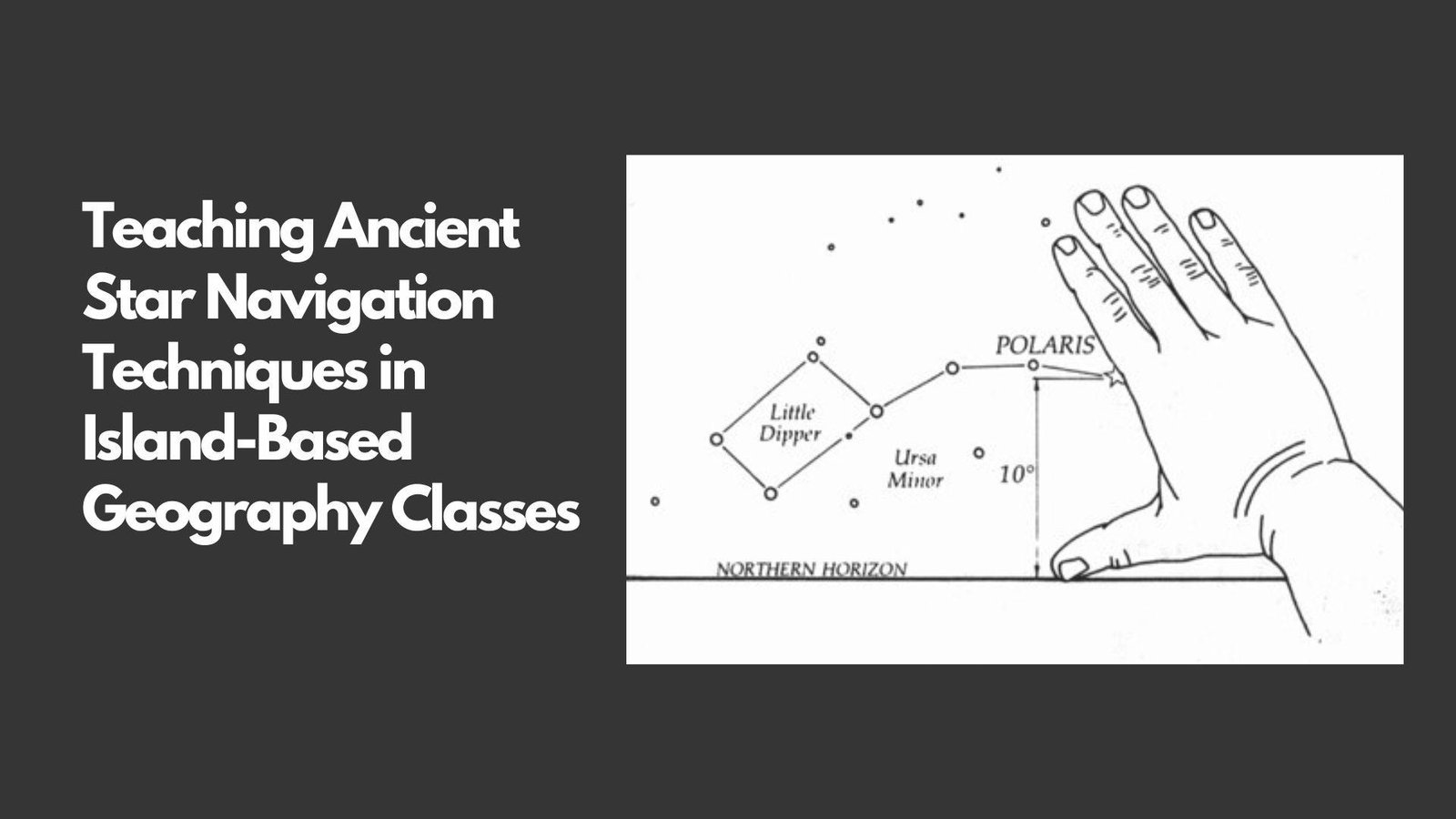The effect of the natural environment in education has not become part of modern systems oflearning but is highly central in certain locales particularly in areas with no connection to the mainland. One of such is the lunar cycle commonly recognized as having significant effect on almost all areas and aspects of life including the teaching timetables of schools in islands. Knowledge of effects of phases of the lunar cycle on arrangements and delivery of learning and teaching in such contexts can be informative about difficulties and possibilities for educators and learners.
The Significance of Lunar Phases in Island Communities
In many island communities with particularly historical performance practices, the lunar cycle is incorporated into the day to day life. Several activities such fishing, agriculture and cultural practices are always associated with moon phases. For instance, fishing may be conducted at certain lunar periods that are conducive to fishing due to tidal movements of the sea, or planting and harvesting of crops could be timed with the periods that the moon is preferred for such crop plantation or harvesting. These activities are quite important not only to the inhabitants of islands, but also as being a key to preserving cultural heritages that people have inherited.
Since the schools in these communities are determined by the lunar cycle it is also not very shocking to find that phases of the moon a can affect the functioning of the schools. When it comes to enrolment, community lifestyle may sometimes interfere with educational activities and hence alter teaching time tables especially when depending with lunar phases that highly affect the day to day activities.
Adjustments to Teaching Schedules
This calendar may result in a variation of the normal school timetable as the members of the island’s community look to phases of the moon to support their economic activities. For example, during full moon, fishing conditions are even better due to the high tides compared to the normal days hence school attendance reduces because people prefer to spend most of their time fishing. Likewise, septentrional or oriental administrations during a new moon when it is dark at night may halt or reduce the number of activities they undertake at night and therefore switch the time the school event or lesson that requires day light is done.
These are the adjustments that have to be made to enable the students engage in important cultural and economic activities without having to forfeit their studies. Teachers in these settings require to be prepared for challenges which come across with the fact that life activities of this community might be in priority to school timetable. These consistencies can occur in a number of forms including moving an examination or switching a lesson with another one, or even including community activities into the class work.
Educational Benefits of Integrating Lunar Phases
Thus, even as the presence of lunar phases makes it difficult for teachers and students to adhere well to their schedules, it also creates various benefits to be had from the learning process. Unfortunately, when teachers introduce lunar phases as part of the material, this enables student to learn as a holistic being where the education being provided is related to their local culture and environmental setting. For instance, when giving a lesson on astronomy, it is possible to emphasize the aspects of the practical significance of the lunar cycle, for instance, to fishing, tides, and agriculture.
Furthermore, while teaching them about lunar phases within context of the practice of their community, they will be able to establish a relation between them and this results in cultural sensitivity. This is not only enriches interaction and makes the study process more effective, but also assists in maintaining historical and valuable experience as world rapidly developing.
Also, the incorporation of the lunar phases in education may also serve to foster interdisciplinarity. Science, geography, history and literature and even the arts can be taught through the awareness of the lunar cycle. For example, one can learn facts about phases of Moon, discover the symbolism of Moon in various cultures, and find out how literature and art portray the Moon.
Challenges Faced by Educators
However, as can be seen there are some advantages of applying the lunar phases in the process of education it is also pertinent to note that there are some difficulties that teachers will encounter. Leading among such difficulties is that in order to meet the given requirements traditional knowledge and practices must be matched with the modern standards of education. At many island schools, there may be a culture that dictates the completion of certain school programs those do not consider the needs and practice of the community. This can prove quite challenging for educators when it comes to spare time as well as the resources needed when teaching students about lunar phases and how they affect our everyday lives.
The other difficulty is the nature of the lunar cycle that seems to be irregular and unpredictable. Unlike a normal school system where the days are set and the calendar years are fixed, the lunar cycle is not fixed and its impact is not fixed from one month to the next. This can be problematic because some activities may not occur as expected, and as a consequence they make it even harder to arrange educational activities in advance meaning that educators must be skilled in problem solving and thinking outside the box.
Also, the effect of the lunar phases on teaching timetable furthers compound the inequality in education. In one way, there are social events, activities for example those in association with the local chiefs and local administrators that are associated with the lunar cycle and students may end up lagging behind in classes hence, producing unequal results. Teachers have to ensure that they assist these students so that they can education help them get the education they deserve as they attend to cultural relations.
Conclusion
The effect of lunar stages on showing plans for island schools is an entrancing illustration of how normal peculiarities can impact training in novel ways. While these impacts present difficulties, they likewise offer open doors for making an all the more socially responsive and connecting with instructive experience. By getting it and adjusting with the impacts of the lunar cycle, teachers in island networks can furnish understudies with training that isn’t just scholastically thorough yet in addition profoundly associated with their social legacy and climate. Through coordinated effort, adaptability, and inventiveness, these difficulties can be transformed into potential open doors for enhanced learning and the safeguarding of customary information.



